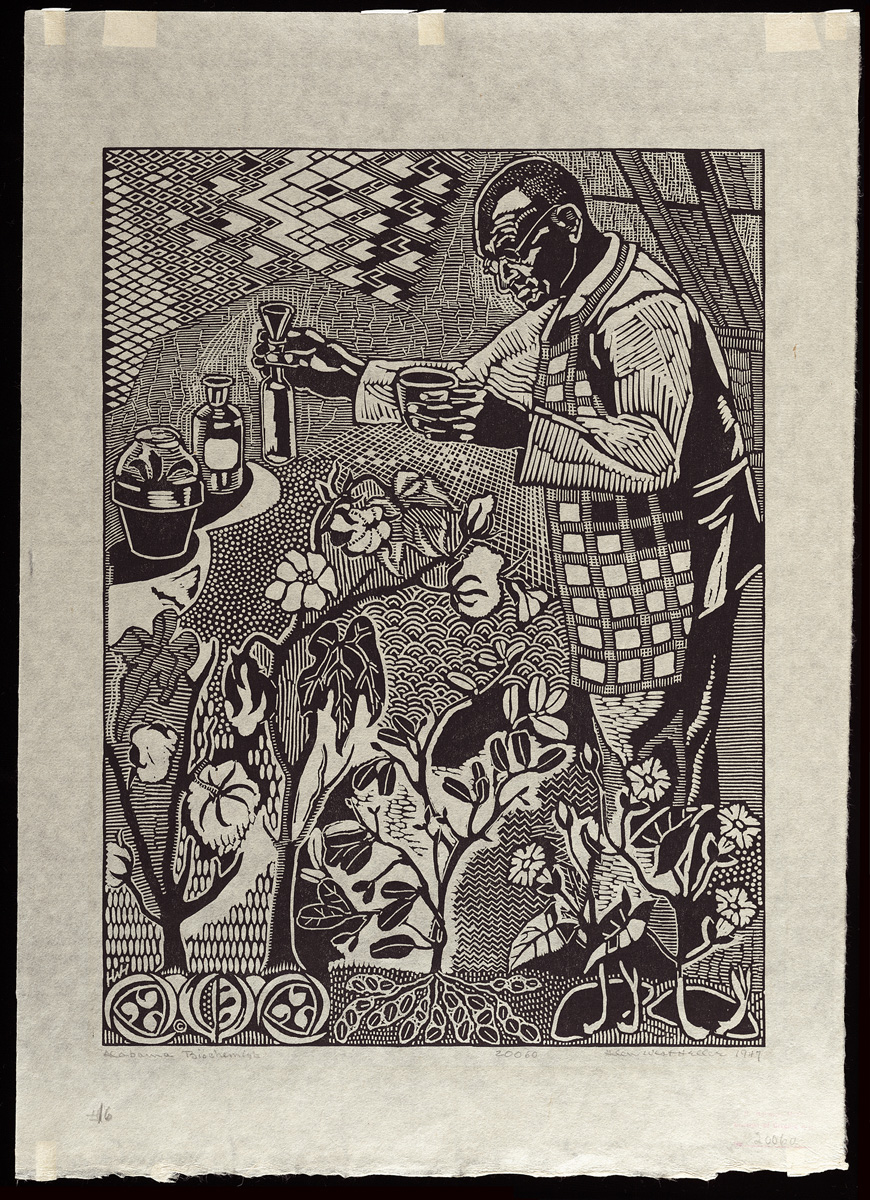Jun 3-5, 2024
Thinking from the Substrate
- Workshop
- Dept. III
Bringing together scholars from a broad range of geographical and disciplinary positions, “Thinking from the Substrate” is an invitation to think critically and expansively about the relatively thin layer between our atmosphere and the subterranean world and how it functions most fundamentally as a container for life. The substrate is a medium used for infinite things: a site of metabolic transformation, a place where toxins accumulate, a store of material for remaking the world. Looking to what travels through the substrate and also what comprises it—minerals, parasites, organic matter—offers a view into the past while also provoking questions about the promise and constraints on the future. The broad, open-ended question that anchors this workshop is: What can we learn about our current historical moment when we start from the ground up?
On day one of the workshop (June 3), we will approach this larger question from the insights of individual research and case studies. The second and third days (June 4–5) will offer both small and large group discussions with the goal of constructing a collective public syllabus for a class on the substrate. The point is not a bibliography, but to create a dynamic, engaging website for public use that can also be used for teaching.
Tentative Schedule

Helen West Keller, Alabama Biochemist, 1947, National Museum of American History, GA.20060. Public Domain (CC0).
Contact and Registration
This event is by invitation only.
